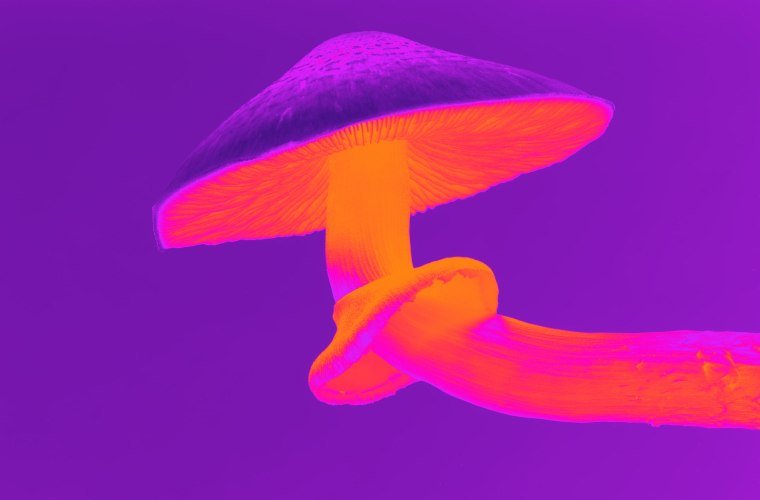As the U.S. Food and Drug Administration (FDA) considers approving psilocybin, the active compound in “magic mushrooms,” for the treatment of depression, a new study from Emory University has provided early estimates on the potential demand for this innovative therapy.
The research, which will be published in late September in the Journal of Psychedelic Pharmacology, suggests that between 5.1 and 5.6 million Americans currently being treated for depression could qualify for psilocybin-assisted therapy if it receives FDA approval.
Led by a collaboration from Emory University, the University of Wisconsin-Madison, and UC Berkeley, this first-of-its-kind peer-reviewed study analyzed national data on depression prevalence and treatment, comparing it to the eligibility criteria from recent clinical trials of psilocybin.
The findings indicate that between 56% and 62% of patients receiving treatment for depression in the U.S. could be eligible for this therapy, signaling significant demand for the potential treatment.
“Our findings suggest that if the FDA gives the green light, psilocybin-assisted therapy has the potential to help millions of Americans who suffer from depression,” said Syed Fayzan Rab, an MD candidate at Emory and the study’s lead author in a recent statement. “This underscores the importance of understanding the practical realities of rolling out this novel treatment on a large scale.”
the Demand for Psilocybin Therapy?
The research team based their projections on a population of nearly 15 million U.S. adults diagnosed with depression, 9 million of whom receive treatment annually. By evaluating these individuals against trial-based eligibility criteria, the researchers generated a range of estimates.
Under the strict criteria used in early trials, only 24% of patients would qualify for psilocybin therapy (around 2.16 million people). However, with criteria likely to be used in real-world settings, the eligibility rose to 56%. When even more additional factors were considered, such as including individuals with alcohol and substance use disorders, the estimate increased to 62%, allowing more individuals to have this option for treatment.
The researchers noted that these projections remain conservative, as they only account for individuals already in treatment for depression, not new patients who haven’t yet had treatment.
“While our analysis is a crucial first step, we’ve only scratched the surface in understanding the true public health impact psilocybin therapy may have,” said Dr. Charles Raison, a co-author of the study and the lead investigator of one of the largest clinical trials on psilocybin therapy for depression. “Ultimately, the realizable potential of this treatment rests in the hands of regulatory bodies, policymakers, insurers, and the healthcare community at large.”
Challenges Still Remain for Psilocybin Therapy
The researchers found several factors that could limit the widespread adoption of psilocybin therapy. Key considerations include FDA approval parameters, insurance coverage, access to trained practitioners, and regional differences in healthcare availability. Furthermore, if psilocybin is approved for off-label use beyond depression, demand could surge even higher.
As discussions around psychedelic-assisted therapies gain momentum, this study provides a glimpse into the potential demand and challenges that lie ahead.
With millions of Americans potentially benefiting from this new treatment, the research highlights the need for ongoing studies to refine demand estimates further and ensure the equitable, effective delivery of psilocybin-assisted therapy.
Already, some states in the U.S. have decriminalized the use of psilocybin for medical use, as Oregon passed its legislation in 2020 and Colorado shortly followed, legalizing the substance in 2022. While other cities across the U.S. have decriminalized psilocybin, the U.S. as a whole has not allowed it for medical use and most likely will not do so until it receives FDA approval. In the meantime, researchers continue to study its effects in hopes that more benefits will be revealed as a potential treatment for many different mental health issues.
Kenna Hughes-Castleberry is the Science Communicator at JILA (a world-leading physics research institute) and a science writer at The Debrief. Follow and connect with her on X or contact her via email at kenna@thedebrief.org

